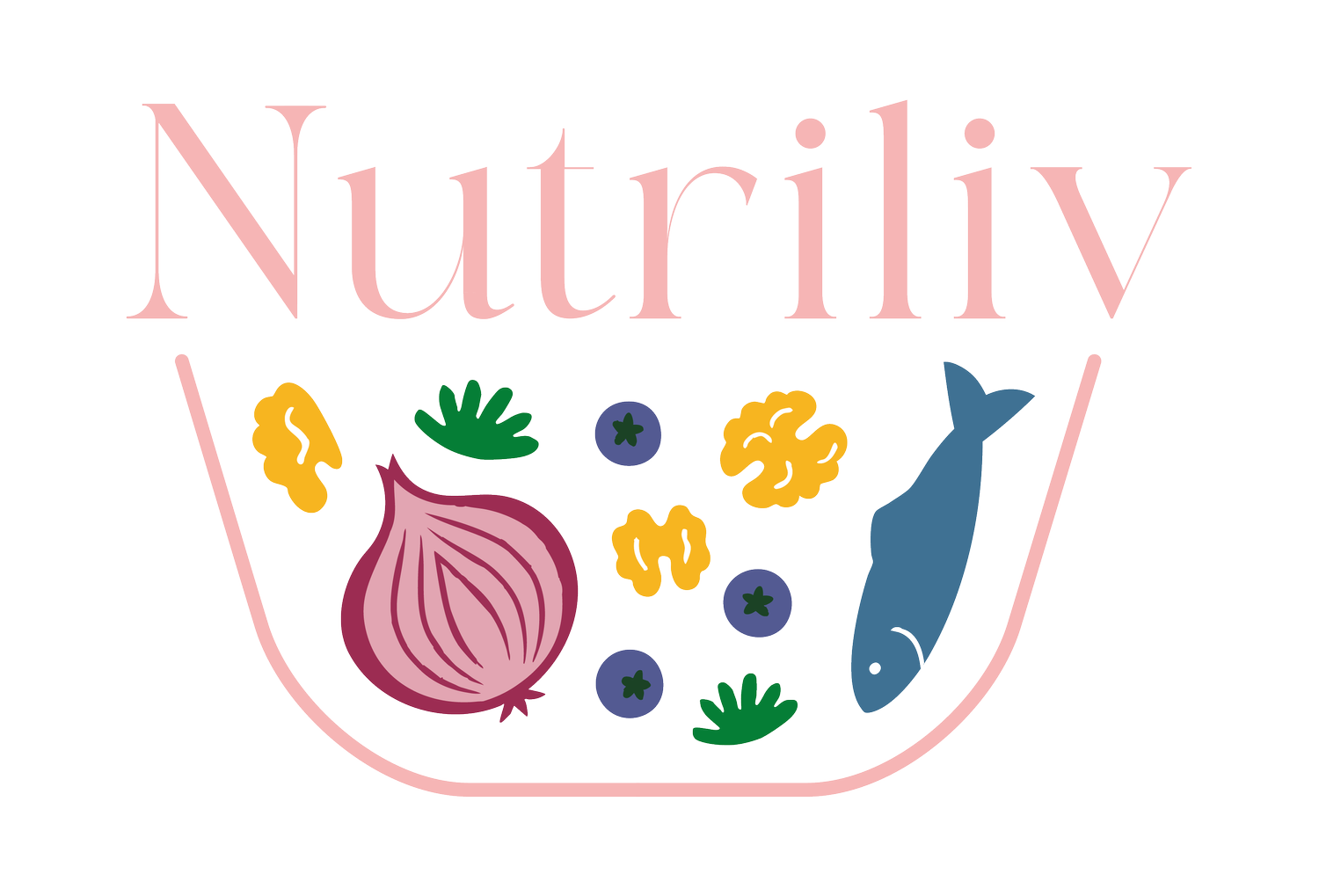PCOS and Fertility: Nutrition Strategies That Actually Work
Polycystic Ovary Syndrome (PCOS) affects up to 10% of women of reproductive age and is one of the leading causes of fertility challenges. If you've been diagnosed with PCOS, you've probably heard conflicting advice about diet and supplements. Here's what the latest research actually shows about nutrition strategies that can improve both PCOS symptoms and fertility outcomes.
Understanding PCOS and Fertility
PCOS creates a perfect storm of fertility challenges:
Irregular ovulation or anovulation
Insulin resistance affects hormone balance
Elevated androgen levels
Chronic inflammation
Increased oxidative stress
The good news? Targeted nutrition interventions can address each of these factors.
The Insulin-PCOS Connection
Most women with PCOS have some degree of insulin resistance, which creates a cascade of hormonal imbalances. When insulin levels are high, your ovaries produce more androgens (male hormones), which can prevent ovulation and disrupt your menstrual cycle.
Evidence-Based Nutrition Strategies
1. Myo-Inositol: The Game Changer
Research shows myo-inositol supplementation can:
Improve insulin sensitivity
Support healthy ovulation
Reduce androgen levels
Improve egg quality
Food sources include oranges, kiwi, artichokes, and legumes.
2. Anti-Inflammatory Mediterranean Pattern
Studies demonstrate that women with PCOS who follow a Mediterranean diet experience:
More regular menstrual cycles
Improved insulin sensitivity
Reduced inflammation markers
Better fertility outcomes
3. Strategic Carbohydrate Management
Rather than eliminating carbs, focus on:
Low glycemic index choices
Pairing carbs with protein and healthy fats
Timing carb intake around physical activity
Emphasising fibre-rich options
Key Supplements for PCOS Fertility
NAC (N-Acetylcysteine):
Improves ovulation rates
Enhances insulin sensitivity
Provides powerful antioxidant protection
Omega-3 Fatty Acids:
Reduces inflammation
Supports hormone production
Improves egg quality
Vitamin D:
Critical for hormone regulation
Supports healthy ovulation
Many women with PCOS are deficient
Foods That Support PCOS Fertility
Emphasize:
Leafy greens and colourful vegetables
Fatty fish (wild salmon, sardines, mackerel, anchovies)
Nuts and seeds (especially pumpkin seeds for zinc)
Legumes and beans
Berries and low-glycemic fruits
Minimize:
Processed foods and refined sugars
Trans fats and excessive saturated fats
High-glycemic foods
Inflammatory oils (corn, soy, vegetable oil)
Lifestyle Factors That Matter
Sleep Quality: Poor sleep worsens insulin resistance and hormonal imbalances. Aim for 7-9 hours of quality sleep nightly.
Stress Management: Chronic stress elevates cortisol, which can worsen PCOS symptoms. Consider meditation, yoga, or other stress-reduction techniques.
Regular Movement: Exercise improves insulin sensitivity and can help regulate cycles. Both resistance training and moderate cardio are beneficial.
A Sample Day for PCOS Fertility Support
Breakfast: Greek yoghurt with berries, ground flaxseed, and a sprinkle of cinnamon
Lunch: Quinoa salad with grilled salmon, mixed greens, and olive oil dressing
Snack: Apple slices with almond butter
Dinner: Grilled chicken with roasted vegetables and sweet potato
Evening: Herbal tea with a small handful of walnuts
The Bottom Line
PCOS doesn't have to derail your fertility dreams. With consistent, evidence-based nutrition strategies, many women see significant improvements in their cycles, hormone levels, and conception rates within 3-6 months.
Remember, every woman's presentation of PCOS is unique. What works for one person may need adjustment for another. The key is finding the right combination of dietary changes, supplements, and lifestyle modifications that work for your individual situation.

